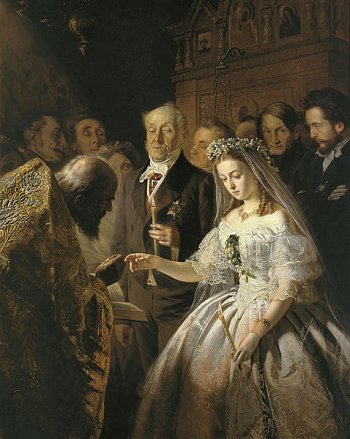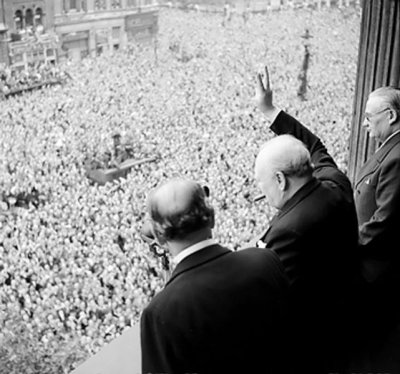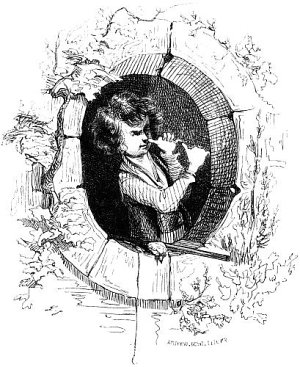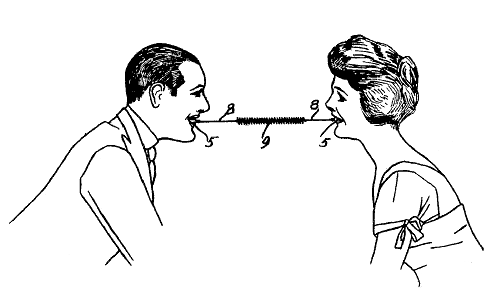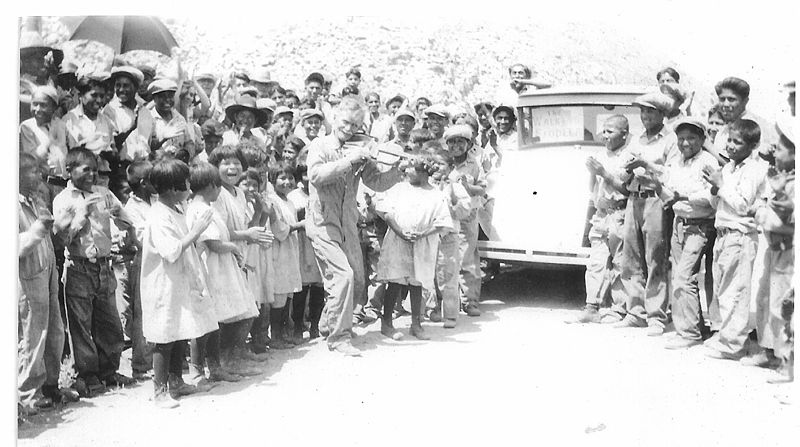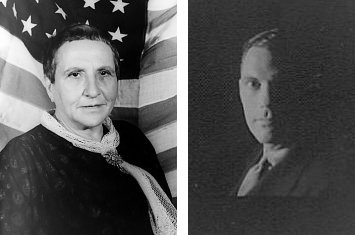
When Bennett Cerf published Gertrude Stein’s Geographical History of America or the Relation of Human Nature to the Human Mind in 1936, he included this “Publisher’s Note”:
This space is usually reserved for a brief description of a book’s contents. In this case, however, I must admit frankly that I do not know what Miss Stein is talking about. I do not even understand the title.
I admire Miss Stein tremendously, and I like to publish her books, although most of the time I do not know what she is driving at. That, Miss Stein tells me, is because I am dumb.
I note that one of my partners and I are characters in this latest work of Miss Stein’s. Both of us wish we knew what she was saying about us. Both of us hope too that her faithful followers will make more of this book than we were able to!
Interviewing Stein on his radio program, Cerf said, “I’m very proud to be your publisher, Miss Stein, but as I’ve always told you, I don’t understand very much of what you’re saying.”
She said, “Well, I’ve always told you, Bennett, you’re a very nice boy, but you’re rather stupid.”

